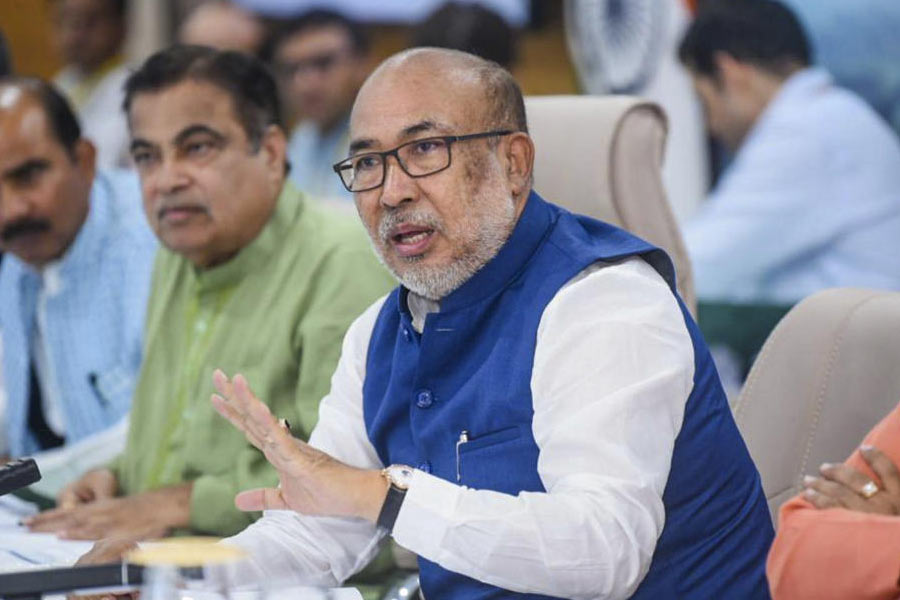N.R. Narayana Murthy’s recent endorsement of a 70-hour work week opens up space to engage with it critically. It is imperative to delve into the profound implications it holds for class dynamics, gender disparities, and the psychological well-being of the workforce.
Murthy’s exhortation echoes a perspective deeply rooted in privilege. The luxury to choose to work extended hours is a prerogative that not everyone possesses. For individuals from economically weaker backgrounds and lower castes, the concept of choice is eclipsed by the stark reality of necessity. Working 70 hours a week becomes less about personal ambition and more about the fundamental need to make ends meet. How ethical is it to put the burden of productivity on those who are already at the receiving end? The International Labour Organization has consistently highlighted the disproportionate impact of long working hours on vulnerable groups. Their reports shed light on how such labour dynamics perpetuate an economic hierarchy that disproportionately affects those with fewer resources, reinforcing systemic inequalities.
Murthy’s vision of a 70-hour work week also seems to be framed within the context of traditional male privilege. Men, historically shielded from the domestic responsibilities that women shoulder, can afford to dedicate extensive hours to their professional lives. On the contrary, women find themselves navigating a double burden, juggling not only their professional commitments but also the extensive responsibilities of household management. World Bank data make it evident that the gender disparities in the workforce contribute to an uneven distribution of labour responsibilities. Advocating a 70-hour work week without addressing inherent gender inequities would perpetuate male privilege and do a disservice to the principles of equality and inclusion in a democratic country.
This debate is not confined merely to economic and gender disparities; it transcends into the realm of mental well-being. Research from the World Health Organization and mental health institutions underscore the negative impact of overworking on mental health. Employees subjected to prolonged working hours often find themselves trapped in a cycle where the boundaries between professional and personal life blur, leaving little room for creative endeavours and rejuvenation. Such conditions foster an environment ripe for burnout, eroding not only mental health but also overall productivity.
Interwoven with these challenges is the harsh reality of burgeoning youth unemployment. The report, State of Working India 2023, paints a stark picture, revealing that over 40% of our graduates are unemployed. The narrative of working longer hours to secure financial stability is rendered hollow when the job market itself is a harsh terrain to navigate. The advocacy of a 70-hour work week prompts a critical examination of our societal priorities, urging us to address the structural issues that contribute to the unemployment crisis. The focus should be on creating avenues for meaningful employment rather than coercing individuals into an unsustainable and mentally-taxing work regime. Moreover, according to the latest data from the ILO, Indians work an average of 47.7 hours per week which is one of the highest rates in the world. Prolonged working hours, evidently, aren’t helping us with productivity.
The discourse on work hours, especially one proposing a 70-hour work week, must be thoroughly scrutinised, prioritising collective well-being. It should compel us to open dialogues on the intersectionality of class, caste, gender, and mental and physical health when it comes to labour. As we navigate the complexities of labour, we should strive for a future where productivity is not measured solely in hours worked or the GDP figures but in the well-being and prosperity of all members of society.
Anjali Chauhan is a doctoral researcher at the Department of Political Science, University of Delhi










